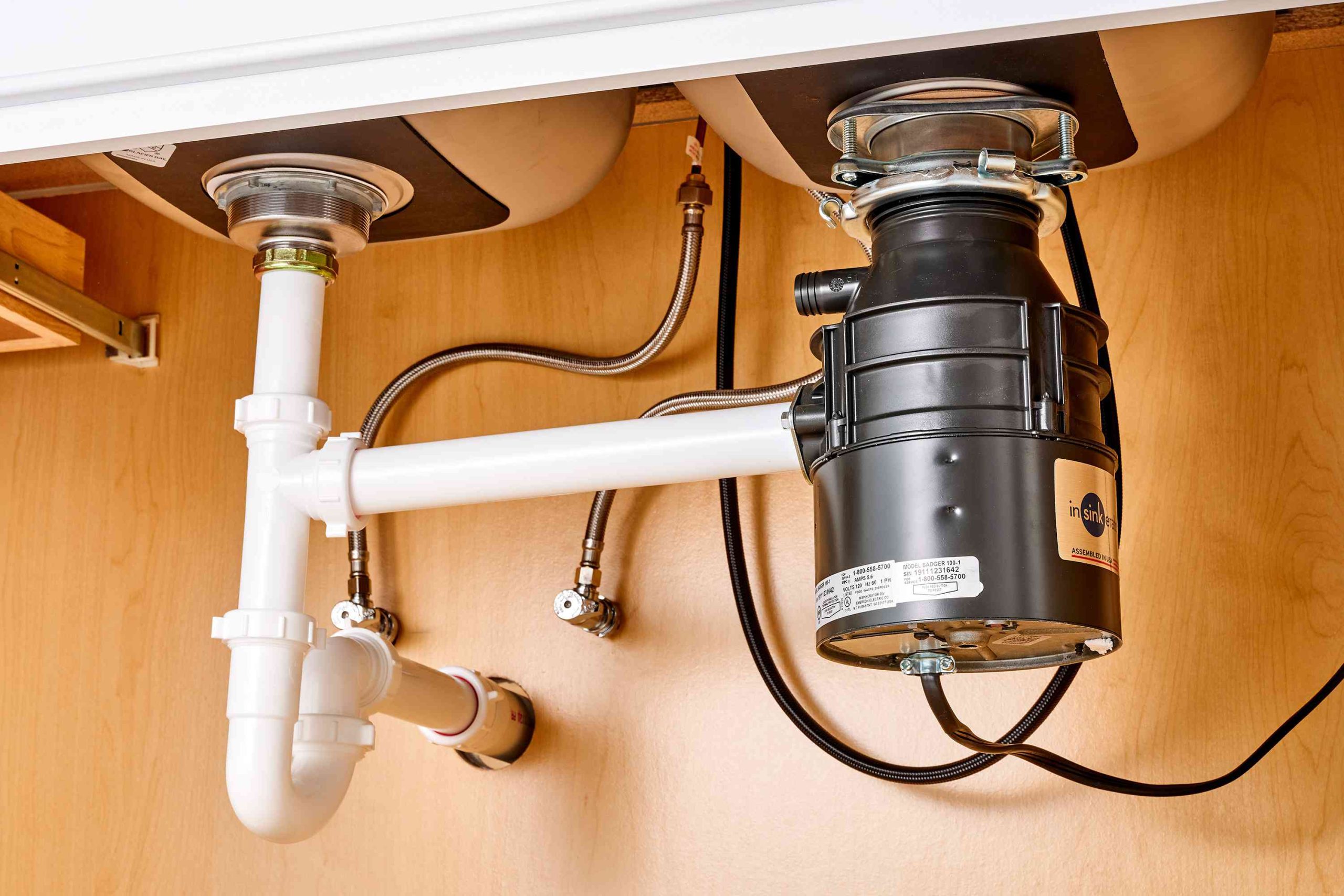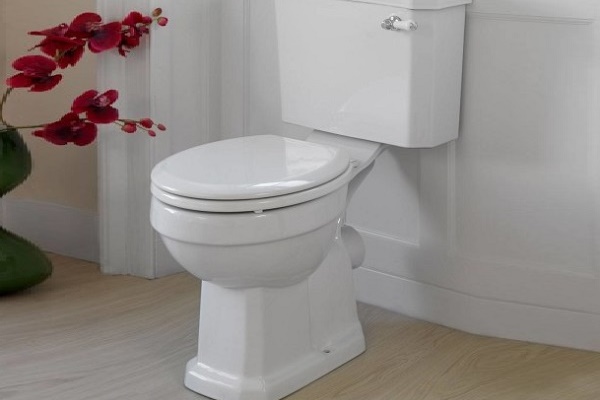As a business owner or facility manager, you are responsible for ensuring that your premises are functional and safe for everyone who works or visits your building. One of the most critical components of running a building is the plumbing system. A properly functioning plumbing system is vital to maintaining sanitation, avoiding water damage, and improving overall health and safety. But how do you ensure that your plumbing system performs as it should?
In this blog post, we will provide you with an overview of everything you need to know about commercial plumbing. We’ll explore the challenges that commercial plumbing presents, the various types of commercial plumbing systems, and the common problems encountered in these systems. We’ll also share some tips on how to maintain your commercial plumbing system to prevent major problems from occurring.
1. Challenges in commercial plumbing:
Managing commercial plumbing systems can be challenging because of the unique demands of commercial buildings. Commercial plumbing systems are typically larger and more complex than residential systems. They are often designed to accommodate a high volume of water usage, such as in hotels, hospitals, and schools. Commercial plumbing systems also have to comply with a range of state and federal regulations, such as the Americans with Disabilities Act (ADA) and the Occupational Safety and Health Administration (OSHA).
2. Types of commercial plumbing systems:
There are three primary types of commercial plumbing systems: potable water supply, waste drainage, and gas supply. Potable water supply systems provide clean, drinkable water for building occupants. Waste drainage systems remove waste and wastewater from sinks, toilets, and showers. Gas supply systems provide fuel for heating and cooking appliances in commercial buildings.
3. Common issues in commercial plumbing:
Some of the most common issues that commercial plumbing systems face include leaking pipes, clogged drains, and broken fixtures. Leaks can be difficult to detect and can cause significant water damage if left unchecked. Clogged drains can lead to backups and unpleasant odors. Broken fixtures can cause water waste and other problems.
4. Preventative maintenance tips:
To prevent major issues in your commercial plumbing system, it’s essential to invest in preventative maintenance. Regular maintenance can help you identify minor issues before they become major problems. Some preventative maintenance tips include:
– Schedule regular professional inspections
– Clean toilets and drains regularly
– Check for leaky faucets and pipes
– Repair or replace broken fixtures promptly
5. Choosing the right commercial plumbing contractor:
Finally, it’s crucial to select the right commercial plumbing contractor to work with. The right contractor should be licensed, insured, and experienced in working with commercial plumbing systems. They should also offer a range of services, including emergency repairs, regular maintenance, and new installation projects. Be sure to ask for references from previous commercial clients and read online reviews before choosing a contractor to work with.
In Short:
Maintaining your commercial plumbing system is vital for ensuring the safety and comfort of your building occupants. By understanding the challenges of commercial plumbing, the different types of systems, and common issues that arise, you can take steps to prevent costly water damage and other problems. With regular preventative maintenance and selecting the right commercial plumbing contractor, you can keep your plumbing system running smoothly for years to come.






